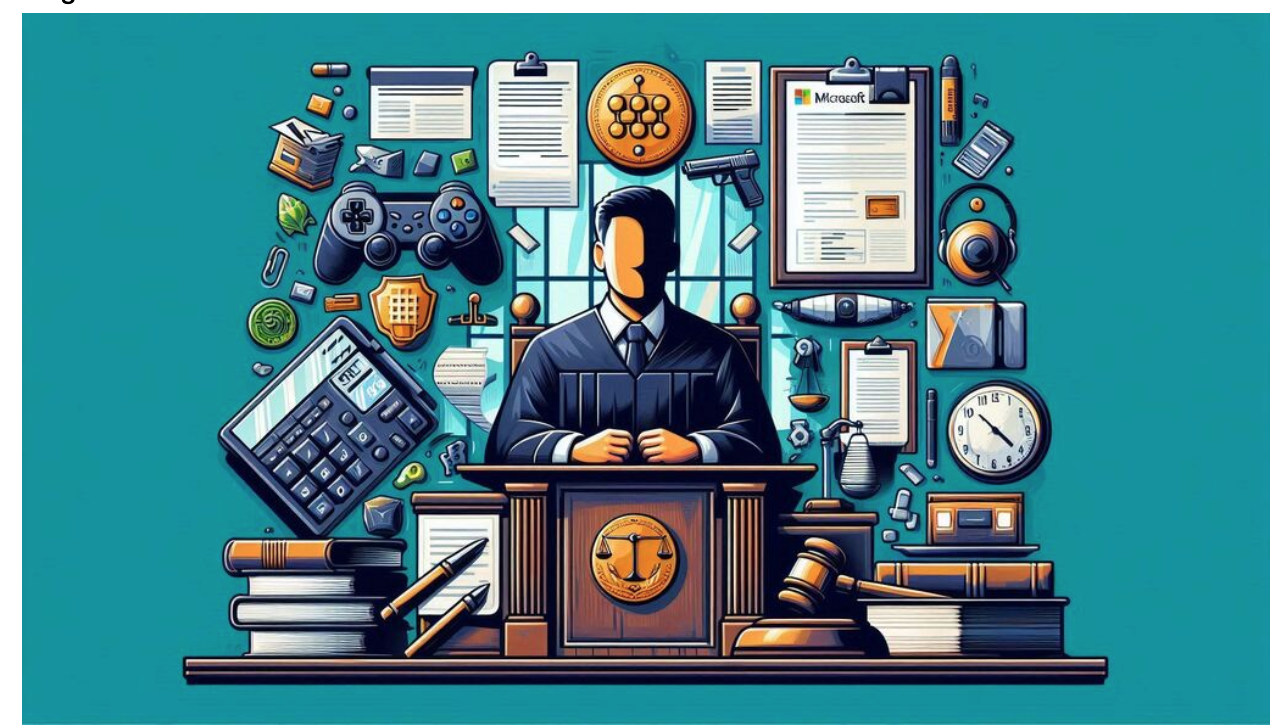In the rapidly evolving world of gaming, cheating has become a significant issue, with players employing various tactics to gain unfair advantages. While cheating in games is often perceived as a technical or ethical problem, it can also lead to serious legal consequences. This blog explores the legal ramifications of developing and using game cheats, the laws and regulations that govern these activities, and the potential penalties that offenders may face.
Understanding Game Cheating
Game cheating involves using unauthorized methods to gain advantages in video games, such as exploiting glitches, using cheat codes, or employing third-party software. These cheats can range from simple modifications to complex tools designed to manipulate game mechanics. While cheating can undermine the integrity of games, it can also have legal implications for those involved in creating or using cheats.
Legal Framework Governing Game Cheating
Several legal frameworks address game cheating, each with its own set of regulations and potential penalties:
- Intellectual Property Laws: Game developers invest significant resources in creating unique game content, including code, graphics, and design. Cheating can infringe on these intellectual property rights by modifying or reproducing game elements without permission. This can lead to legal actions based on copyright infringement and trademark violations.
- Anti-Cheat Legislation: Some jurisdictions have specific laws targeting game cheating. For example, in the United States, the Stop Online Piracy Act (SOPA) and the Protect IP Act (PIPA) address various forms of online piracy and cheating. These laws can be used to pursue legal action against individuals or organizations involved in game cheating.
- Computer Fraud and Abuse Act (CFAA): In the U.S., the CFAA addresses unauthorized access to computer systems, which can include cheating tools that exploit vulnerabilities in game software. Violations of the CFAA can result in severe penalties, including fines and imprisonment.
- Contract Law: Many games require players to agree to terms of service or end-user license agreements (EULAs) before playing. These agreements often include clauses prohibiting cheating. Violating these terms can lead to legal consequences, including lawsuits for breach of contract.
- Consumer Protection Laws: Game developers may also pursue legal action under consumer protection laws if cheating negatively impacts the quality or fairness of the gaming experience. This can include class-action lawsuits if cheating affects a large number of players.
Case Studies of Legal Action Against Game Cheating
Several notable cases illustrate the legal ramifications of game cheating:
- Valve Corporation vs. Cheat Developers: Valve Corporation, the developer of popular games like “Counter-Strike,” has pursued legal action against cheat developers and distributors. In these cases, Valve has sought damages for copyright infringement and breach of terms of service.
- Epic Games vs. Cheat Engine Developers: Epic Games, the developer of “Fortnite,” has filed lawsuits against cheat engine developers. These legal actions have focused on the unauthorized use and distribution of cheat software, leading to settlements and injunctions against the cheat creators.
- Bluehole Studio vs. Cheaters in PUBG: Bluehole Studio, the developer of “PlayerUnknown’s Battlegrounds” (PUBG), has taken legal action against individuals and organizations involved in cheating. This includes lawsuits and enforcement actions aimed at reducing cheating in the game.
Potential Penalties for Game Cheating
The penalties for developing and using game cheats can vary depending on the severity of the violation and the legal framework involved:
- Fines: Offenders may face substantial fines for copyright infringement, contract breaches, or violations of anti-cheat laws.
- Imprisonment: Severe cases involving unauthorized access or distribution of cheat tools can result in imprisonment under laws like the CFAA.
- Injunctions: Courts may issue injunctions to prevent further distribution or use of cheat software.
- Lawsuits: Developers may pursue civil lawsuits for damages resulting from cheating, including compensation for lost revenue and harm to the game’s reputation.
- Account Bans: Game developers often implement in-game penalties for cheating, including permanent bans from the game and loss of access to game accounts.
- Criminal Charges: In extreme cases, individuals involved in large-scale cheating operations may face criminal charges, leading to legal proceedings and potential incarceration.
Preventive Measures and Best Practices
To mitigate the risk of legal consequences related to game cheating, developers and players should consider the following best practices:
- Implement Strong Anti-Cheat Measures: Developers should incorporate robust anti-cheat systems to detect and prevent cheating. This includes regular updates and monitoring to address new cheating methods.
- Educate Players: Inform players about the legal risks and consequences of cheating. Clear communication can help deter cheating and promote fair play.
- Enforce Terms of Service: Ensure that terms of service and EULAs are clear and enforceable. Take legal action against individuals or organizations that violate these agreements.
- Collaborate with Law Enforcement: Work with law enforcement agencies to address severe cases of cheating that involve criminal activity.
- Stay Informed: Keep abreast of changes in laws and regulations related to game cheating to ensure compliance and address emerging legal issues.
Conclusion
Game cheating poses significant legal risks for both developers and players. Understanding the legal frameworks that govern cheating, recognizing the potential consequences, and implementing preventive measures are essential for maintaining the integrity of the gaming industry. By staying informed and proactive, stakeholders can help ensure a fair and enjoyable gaming experience while mitigating the risks associated with game cheating.

